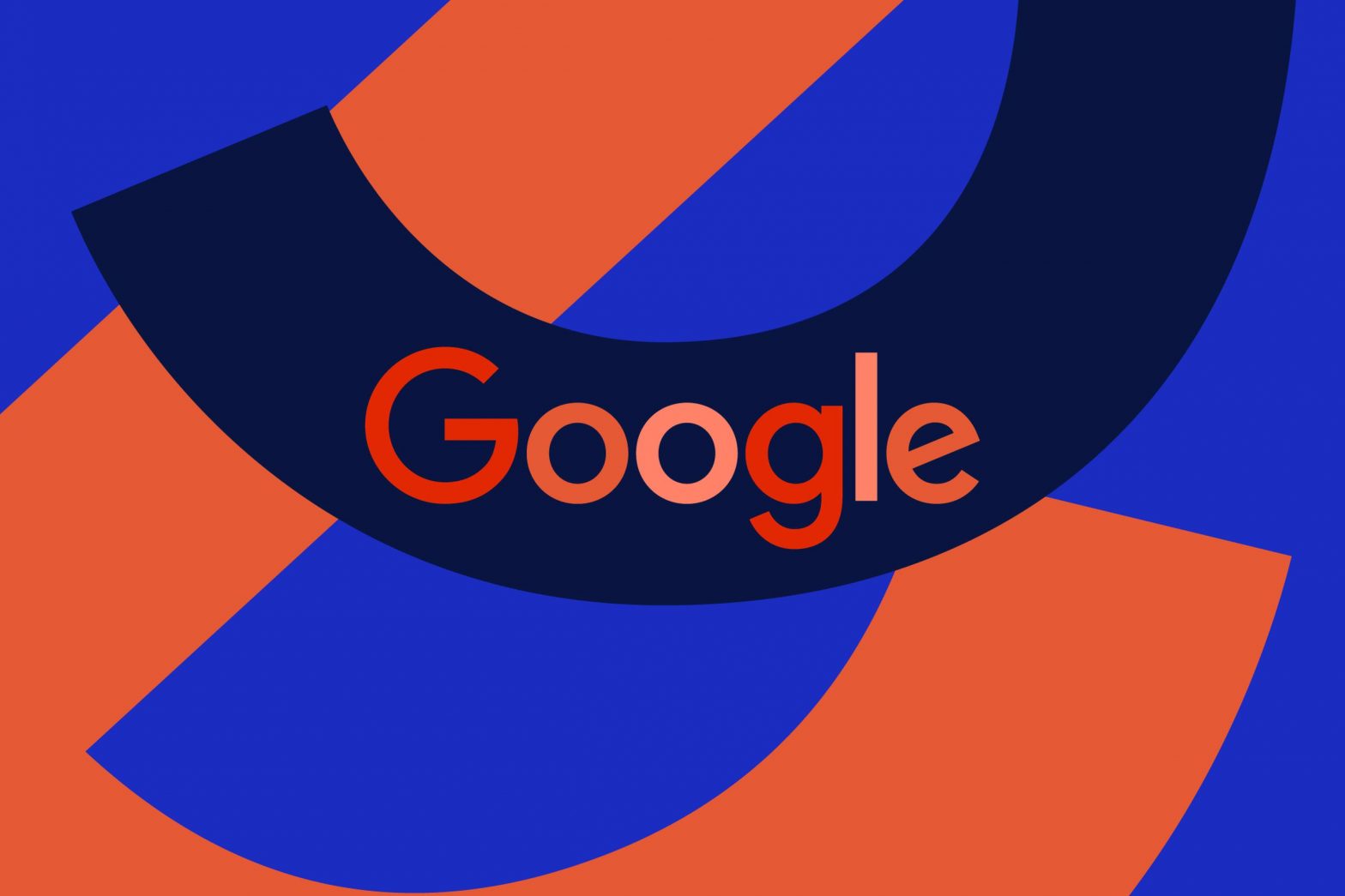/
Google can’t decide if it needs one payment app or two, so it’s changing things all over again.
Share this story
:format(webp)/cdn.vox-cdn.com/uploads/chorus_asset/file/24016883/STK093_Google_06.jpg)
Google Wallet was the company’s first attempt at enabling money transfers on Android with the Nexus S 4G, and no matter how many apps Google launches, it will seemingly always be around. Google Pay tried to replace both Google Wallet and Android Pay a few years ago, but in a few months, Google Pay will be gone, with Google Wallet back on top.
Android Pay popped up in 2015 as a temporary tap-to-pay king, while Google Wallet was recast as a Cash App / Venmo rival, but even when Google changed its mind and combined them, it couldn’t keep itself from messing with the formula again and again.
:format(webp)/cdn.vox-cdn.com/uploads/chorus_asset/file/22049069/Google_Pay_3_tabs.png)
Don’t even ask me about that 2020 revamp that pulled Google Pay Send’s peer-to-peer transactions back into the fold or a failed attempt at adding “Google Plex” banking features because by 2022 its rebranding efforts had all become meaningless anyway.
That’s when Google Wallet came back, ready to hold credit / debit cards, event passes, loyalty cards, government IDs, or proof of vaccination. Unlike 2011’s NFC-powered Wallet, this one is even compatible with newer tech like ultra wideband (UWB) car keys.
What’s left of Google Pay is apparently now superfluous, so after June 4th, 2024, it’s fading out and taking its peer-to-peer payment features with it (at least in the US, anyway). If you have funds still tied up in Google Pay, you should remove them while you still have a chance — unless you think Google might change its mind again.
It’s been a weird, winding road, but compared to the dozen or so messaging apps Google has tried over the years, this isn’t actually that bad.
